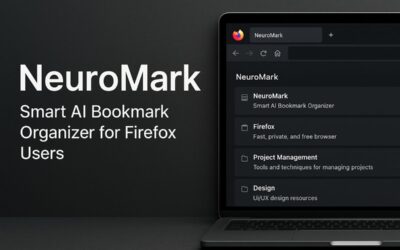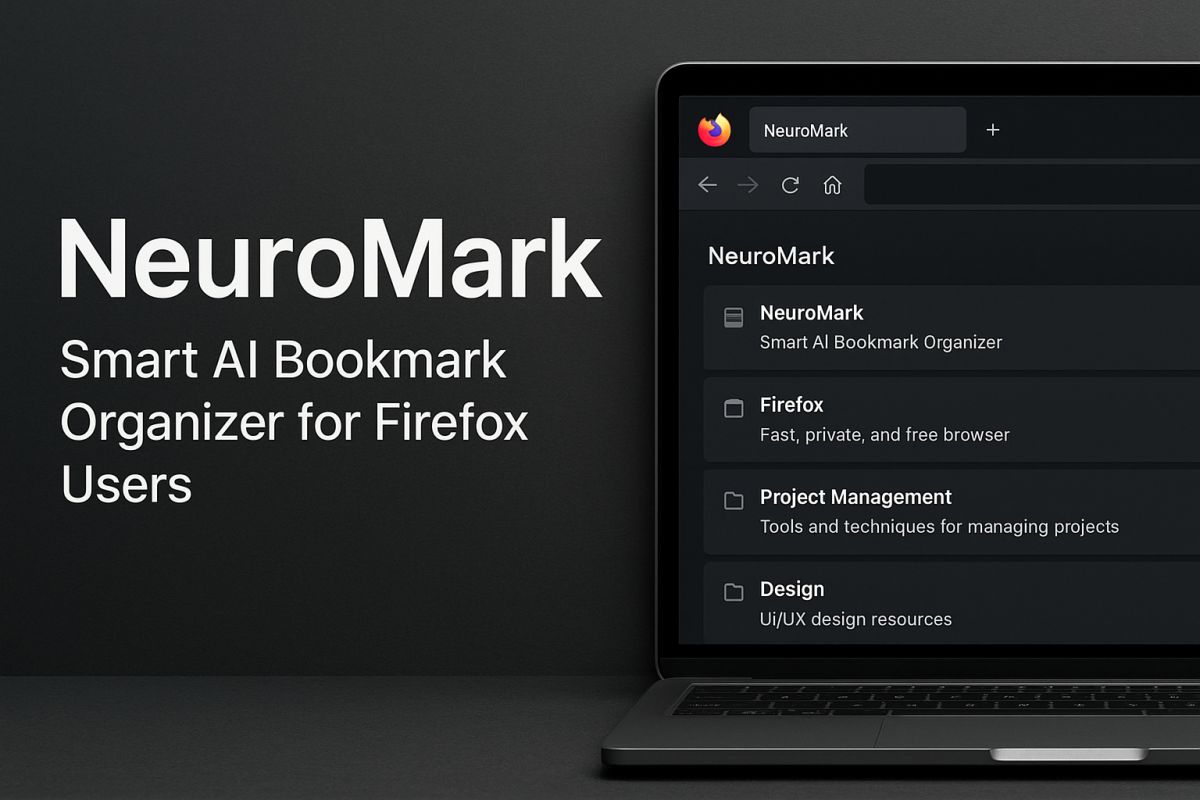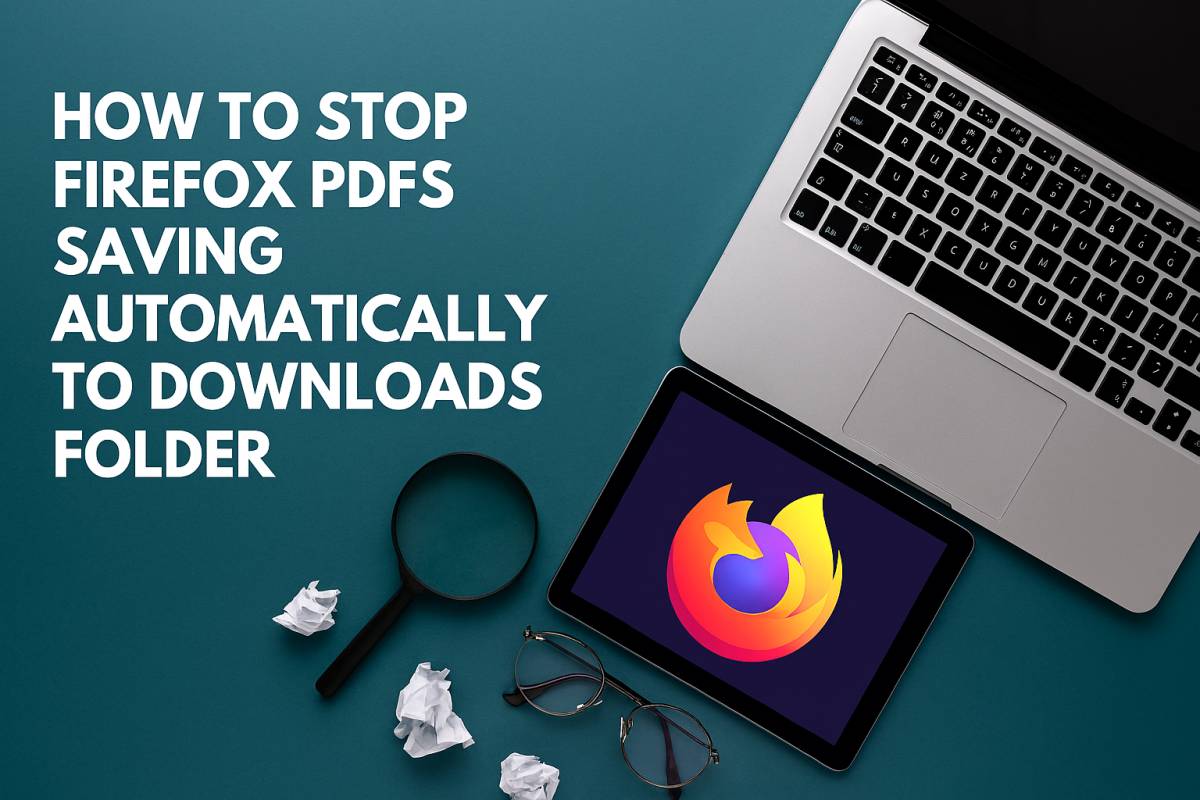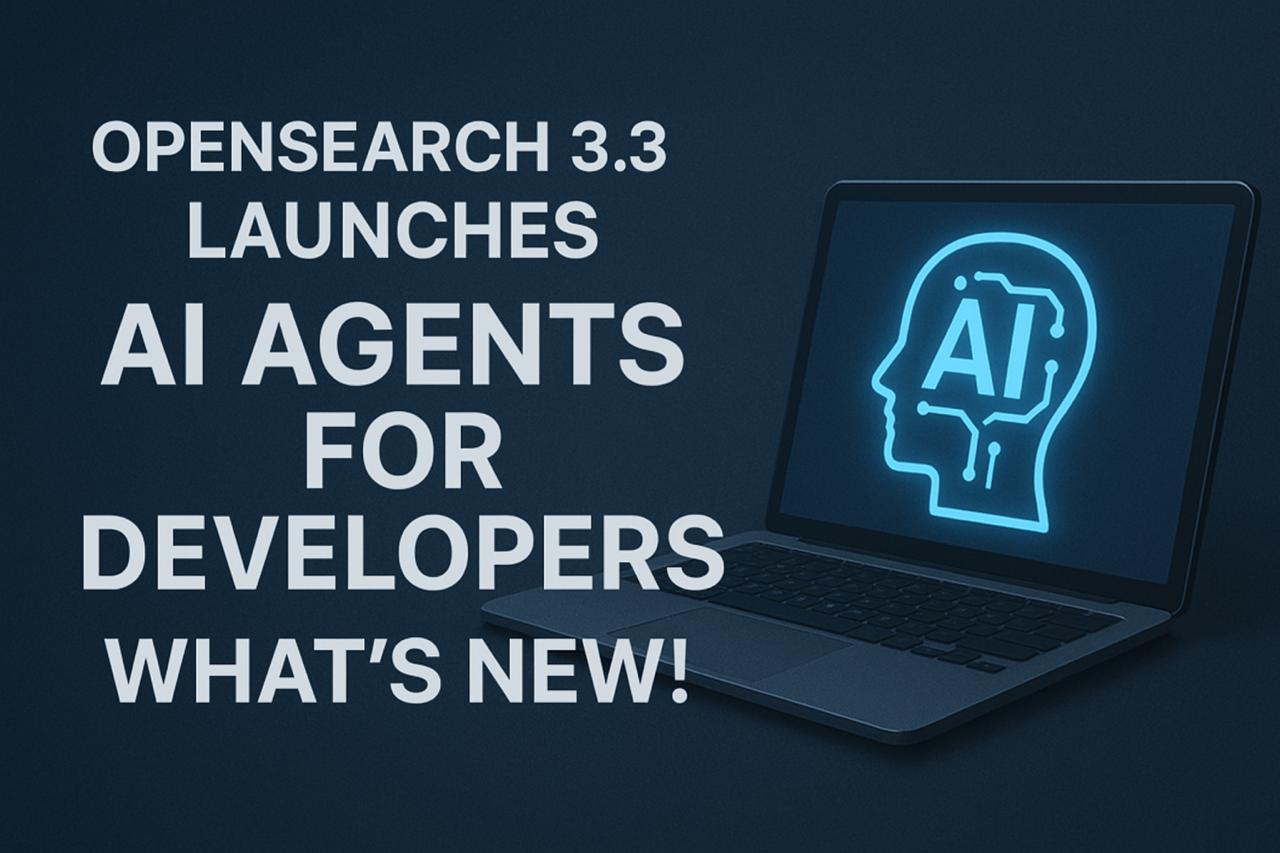Is Apple Building Its Own Search Engine? Here’s What’s Coming?
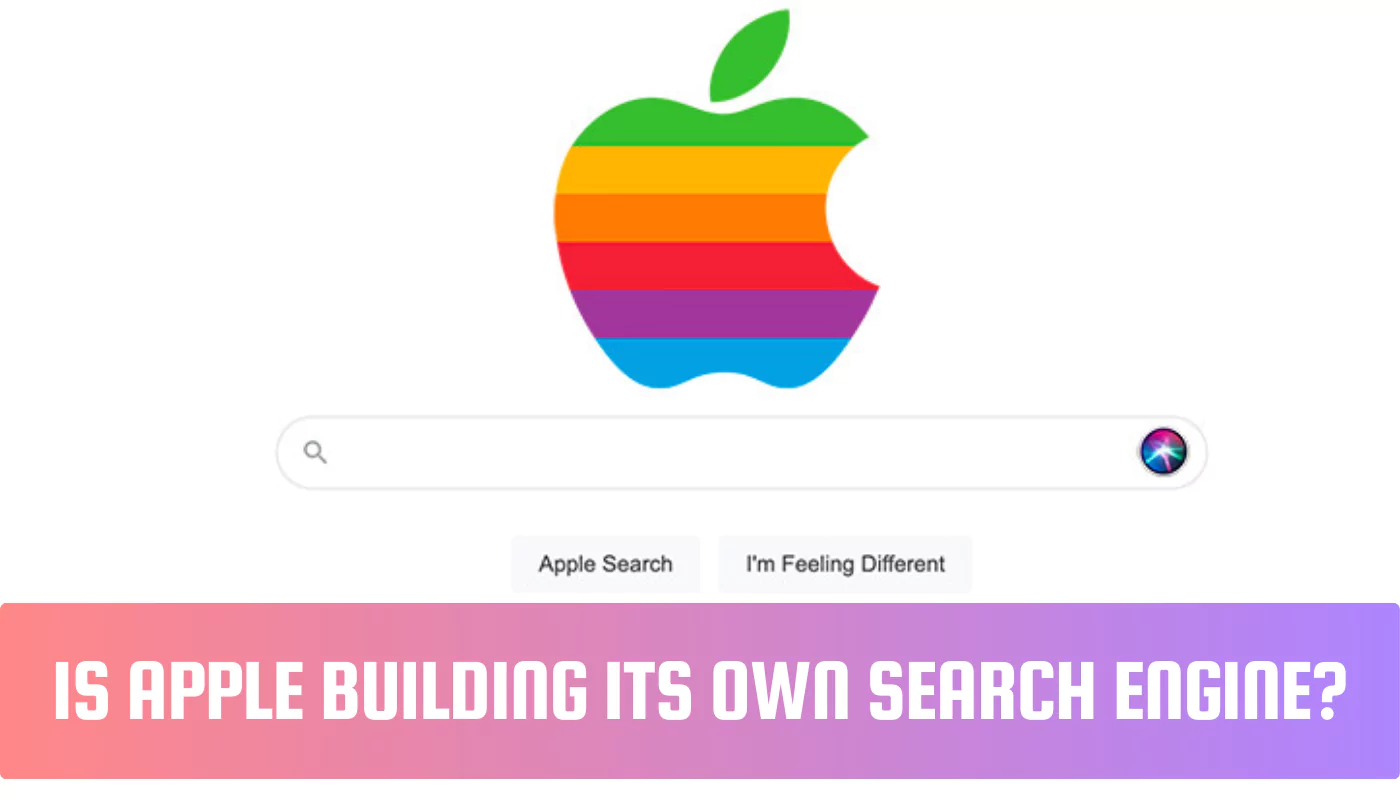
Yes, Apple is quietly building the foundation for its own search engine, and industry experts believe it could soon emerge as a true competitor to Google. With increasing investments in AI, machine learning, and its proprietary Applebot crawler, the company is positioning itself to reshape how users search online. But what does this mean for you, and why is Apple entering the search market now? Let’s break it down.
Why Would Apple Create Its Own Search Engine?
Apple has traditionally relied on Google as the default search provider for Safari, a partnership worth billions each year. However, multiple factors suggest Apple wants to reduce its reliance on Google:
- Privacy and Control – Apple has branded itself as the champion of privacy. By building its own search engine, it could integrate privacy-first search that doesn’t track users, unlike Google.
- Revenue Opportunities – If Apple can keep users within its ecosystem (iPhone, iPad, Mac, Siri), it can monetize searches without depending on Google.
- Competition Pressure – Regulators have been investigating Apple and Google’s deal, raising antitrust concerns. Apple may be preparing for a future where this partnership can no longer exist.
- AI and Voice Search Growth – With Siri and Spotlight search becoming more central to device usage, Apple has every reason to power them with an independent engine.
Apple’s Search Engine Signs: What We Already Know
While Apple hasn’t officially announced its own search engine, several clues indicate progress is underway:
- Applebot Activity – Developers have noticed Applebot crawling websites more frequently, suggesting Apple is indexing the web for future use.
- Spotlight Enhancements – In iOS and macOS, Spotlight search has grown smarter, often bypassing Google and showing direct results.
- AI Investments – Apple is investing heavily in machine learning and AI tools that could support smarter, contextual search.
- Key Hires – Apple has hired engineers and executives with experience from Google’s search division, signaling intent.
How Apple’s Search Engine Could Look
If Apple introduces a search engine, it won’t be a carbon copy of Google. Instead, expect something aligned with Apple’s brand values:
- Privacy-First – No user tracking or personalized ads based on browsing history.
- Deep Ecosystem Integration – Results seamlessly connected with Siri, iMessage, Apple Maps, and Apple News.
- AI-Powered Answers – Instead of long lists of links, Apple could deliver concise, direct answers—similar to how ChatGPT or Google’s AI Overviews work.
- Ad-Free or Limited Ads – Apple may take a subscription-first approach, keeping ads minimal or exclusive to Apple services.
Impact on Users
For everyday users, an Apple search engine could mean:
- More Privacy – Less data collection compared to Google.
- Smarter Results – Tighter integration with apps, making searches faster and more relevant.
- Choice – Users may finally get a real alternative to Google and Bing.
- Consistency Across Devices – Whether on iPhone, iPad, Mac, or even Apple Vision Pro, the experience could feel seamless.
Impact on Businesses and SEO
If Apple launches its search engine, businesses and marketers will need to adapt:
- Applebot Optimization – Websites will need to ensure they’re crawled and indexed properly by Applebot.
- New Ranking Factors – Apple may prioritize user experience, privacy, speed, and mobile optimization even more heavily than Google.
- Local Search Evolution – Apple Maps integration could make local SEO a major focus.
- Content Strategy – Direct answers and AI-driven summaries may reduce reliance on traditional keyword-heavy strategies.
Apple vs. Google: Will It Be a Real Rival?
The big question is whether Apple can realistically compete with Google’s dominance in search. Google processes over 8.5 billion searches per day, while Apple has no public data yet. However, Apple’s massive installed base – over 2 billion active devices worldwide – gives it a unique advantage.
If Apple sets its search engine as the default on Safari and Siri, billions of searches could automatically shift from Google to Apple overnight. Even capturing a small percentage would shake up the search market.
When Could Apple’s Search Engine Launch?
While no official timeline has been announced, experts believe Apple could introduce a full-scale search engine within the next 2–3 years. The groundwork is being laid, and regulatory scrutiny on Google may accelerate Apple’s plans. Some speculate we could see an announcement tied to major iOS or macOS updates, possibly branded as “Apple Search” or “Spotlight AI.”
The Future of Search with Apple
Apple is not just experimenting – it is preparing for a future where it no longer depends on Google for search. By prioritizing privacy, AI-powered results, and deep ecosystem integration, Apple’s search engine could offer something fresh in a market long dominated by Google.
For users, it may mean faster, smarter, and safer search experiences. For businesses, it signals the need to prepare for a new SEO frontier. One thing is certain: if Apple enters search in full force, the entire digital world will feel the shift.




